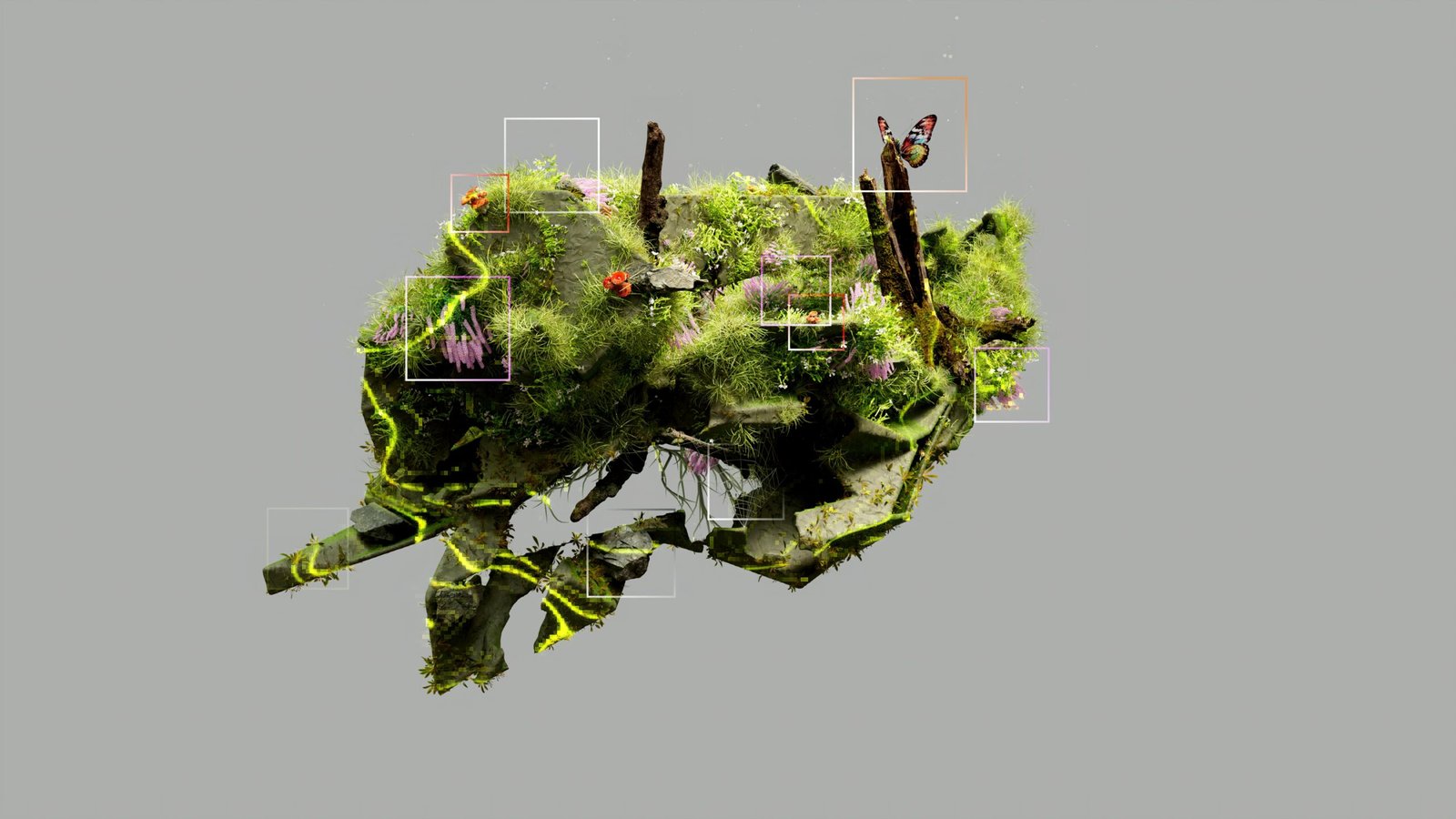How DeepSeek’s AI Efficiency Could Derail the Nuclear Renaissance
DeepSeek’s R1 Model: A Game-Changer in AI Efficiency
Chinese AI startup DeepSeek has sent shockwaves through the tech world with its R1 model. This powerhouse AI performs nearly as well as leading models from Google and OpenAI, but here’s the kicker: it was trained using a fraction of the hardware. DeepSeek claims it used just 2,048 Nvidia H800 GPUs for two months to train a slightly older model. Compare that to the rumored compute power OpenAI throws at its models, and you’ll see why this is a BIG DEAL.
“While DeepSeek’s achievement could be groundbreaking, we question the notion that its feats were done without the use of advanced GPUs.”
Atif Malik, Citigroup Analyst
The Energy Equation: AI’s Power Hunger vs. DeepSeek’s Efficiency
AI’s insatiable appetite for power has been driving a surge in energy demand. Data centers are predicted to consume up to 12% of all U.S. electricity by 2027—more than triple their 2023 share. Tech giants like Google, Amazon, and Microsoft have been scrambling to secure new power sources, investing billions in nuclear and natural gas projects. But DeepSeek’s efficiency breakthrough could change everything.
- Google pledged to buy 500 megawatts of nuclear capacity from startup Kairos.
- Amazon led a $500 million investment in nuclear startup X-Energy.
- Microsoft is working on a $1.6 billion reactor renovation at Three Mile Island.
Nuclear’s Renaissance: A Bubble Waiting to Burst?
Nuclear power has been on the brink of a comeback for years, thanks to safer and cheaper reactor designs. But here’s the harsh truth: nuclear is still expensive compared to renewables like wind and solar. And with DeepSeek proving that AI doesn’t necessarily need massive compute power, the nuclear renaissance might stall before it even starts.
“It’s easier and potentially faster to task some PhDs with developing better models than it is to build new power plants.”
Industry Expert
Renewables: The Safer Bet in a Shifting Energy Landscape
While nuclear and natural gas projects are long-term investments, renewables are modular, scalable, and getting cheaper by the day. Developers can roll out wind and solar projects in phases, delivering power (and revenue) faster. This flexibility makes renewables the safer bet in a rapidly evolving energy market.
- Wind and Solar: Cheap, modular, and mass-produced.
- Batteries: Rapidly advancing, offering storage solutions for intermittent energy sources.
- Tech Companies: Already quietly investing in renewables to power their data centers.
The Bottom Line: Efficiency Wins
DeepSeek’s breakthrough is a wake-up call for the energy sector. If AI can become more efficient, the massive power investments by tech giants might scale back. And when given the choice between spending billions on physical assets or software, tech companies will almost always choose the latter. The future of energy? It’s looking more renewable by the day.



